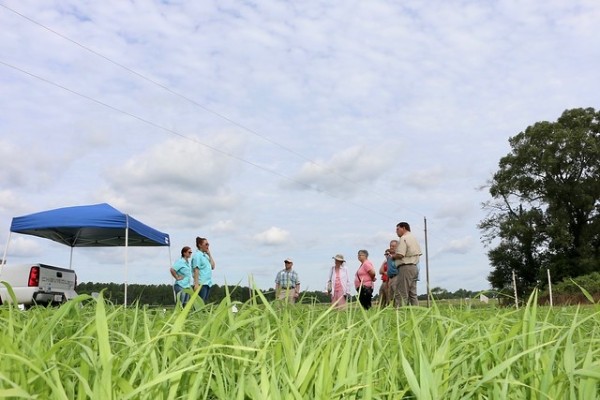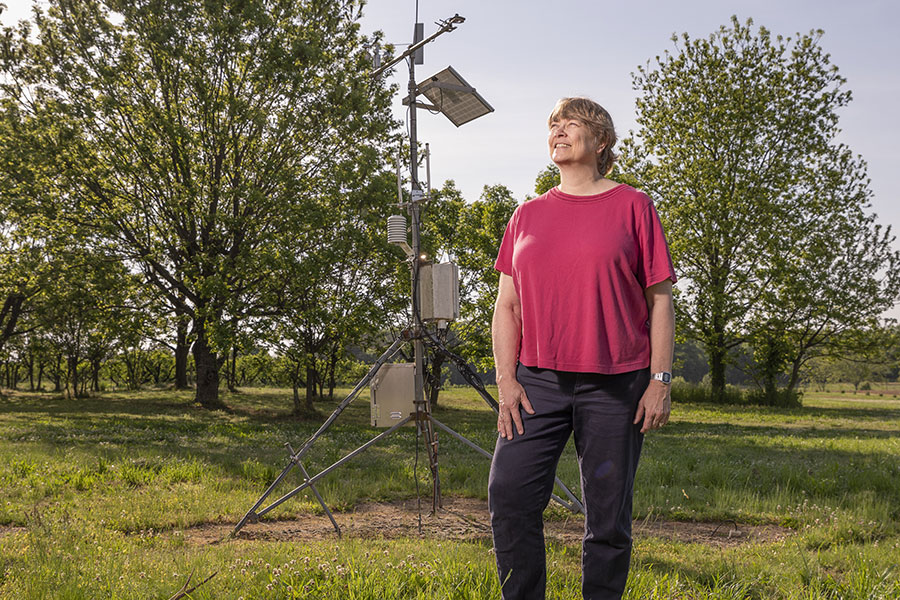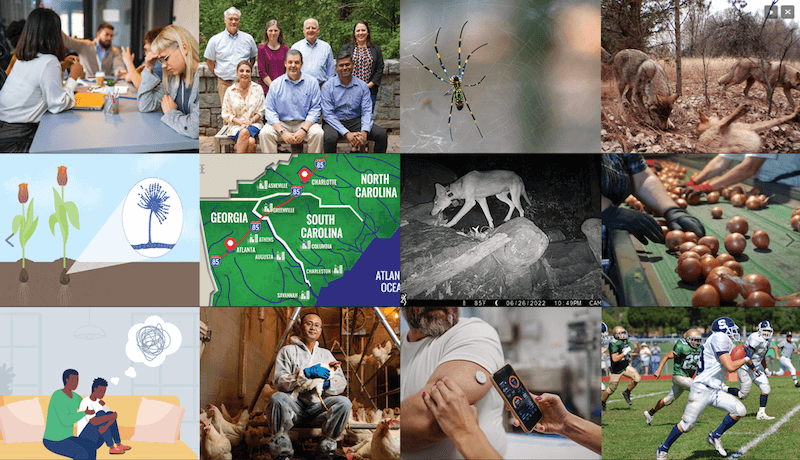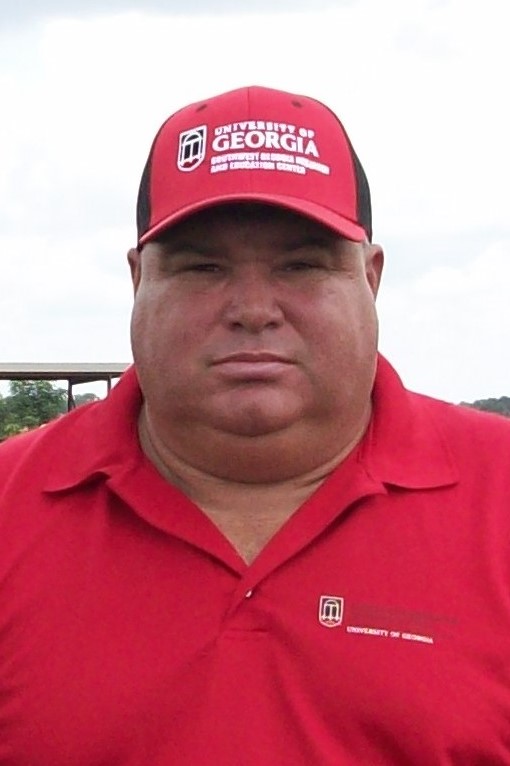For any questions, contact superintendent Scott Rogers at (229) 591-5158 or by email at swgeorgia@uga.edu. To RSVP, please call the center, send an email or use our online registration.
For any questions, contact superintendent Scott Rogers at (229) 591-5158 or by email at swgeorgia@uga.edu. To RSVP, please call the center, send an email or use our online registration.

Southwest Georgia Research and Education Center
108 Experiment Station Road, Plains, Georgia 31780
Our Work and Priorities
The 512-acre Southwest Georgia Research and Education Center is located near Plains, Georgia. Established in 1951, the station’s purpose was to stimulate the rural economy by helping area farmers diversify and increase crop yields in the upper coastal plain region.
The facility has heavy red clay soil that is sometimes difficult soil to farm but can be highly productive when carefully managed. Research here is geared to the 240-day growing season and an average annual rainfall of 48 inches. Current research focuses on every major row crop in south Georgia: peanuts, cotton, corn, soybeans, grain sorghum, wheat and canola. The center now has some form of irrigation on at least 90% of the cropland to maintain crops during the area’s frequent droughts.
Six full-time employees maintain research for college and USDA researchers. The employees also partner with the nearby Sumter County Extension office.

CAES News





